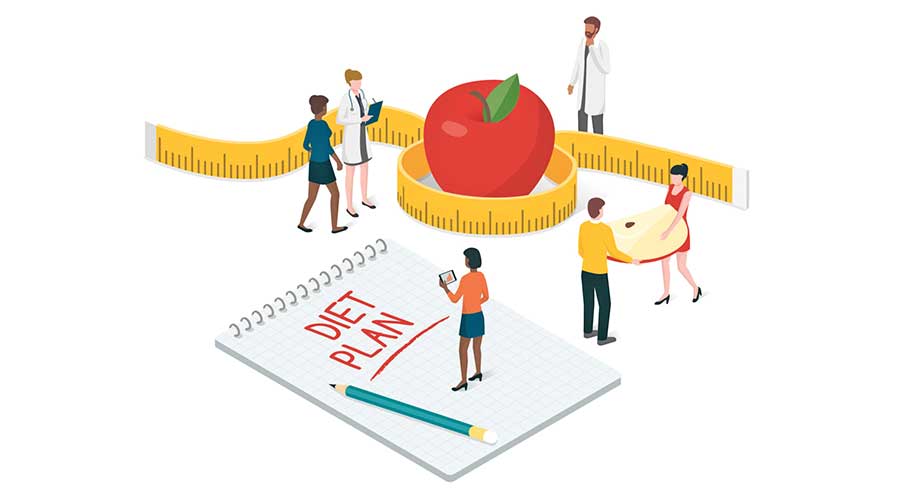ASK A PHYSICAL THERAPIST
- 20 Apr - 26 Apr, 2024

Only if you don't consume plenty of calcium. High levels of protein slightly increase how much calcium your body excretes. But if you're getting extra calcium in your diet, extra protein won't rob you of bone density. How much do you need? If you're on a high-pro diet such as the Atkins diet or the Zone, we recommend 1,500 to 2,000 mg of calcium daily from a combo of diet and supplements.
If that's the only way you can achieve a healthy weight, yes. But you need to do this: Make an appointment with a registered dietitian to make sure that your lineup of foods gives you a broad range of vitamins, minerals, and healthy phytochemicals. Otherwise, you could choose a dozen healthy foods, but every single one might be low in, for example, vitamin C, or zinc, or both!
Sorry, but no. Your body needs to be refueled throughout the day. Eat just one meal, and you'll be dragging most of the time. And when you consume 50 g of fat at one sitting – easy to do at one big meal – your arteries lose flexibility for the next four hours, a period of time that one researcher has described as a "heart attack danger zone." Eat three meals a day or a series of minimeals on a regular basis.
For dietary supplements, we would advise meeting with your doctor to check for any vitamin or mineral deficiencies before taking a supplement. While on the gluten-free diet, there are particular nutrients you’ll want to make sure you’re getting enough of, including fibre, vitamin B12, folate, calcium, vitamin D, magnesium, phosphorus, vitamin K, and vitamin E. Gluten-free foods that will help meet these vitamin and mineral recommendations include beef, poultry, fish, certified gluten-free lentils, eggs, milk, yogurt, gluten-free whole grains, gluten-free fortified breakfast cereals, legumes, green leafy vegetables, fortified orange juice, dried fruits, bananas, avocados, nuts, and seeds. Eating a well-balanced diet with plenty of gluten-free whole grains, fruits, vegetables, nuts, seeds, lean protein, and healthy fats should provide ample nutrition.
COMMENTS